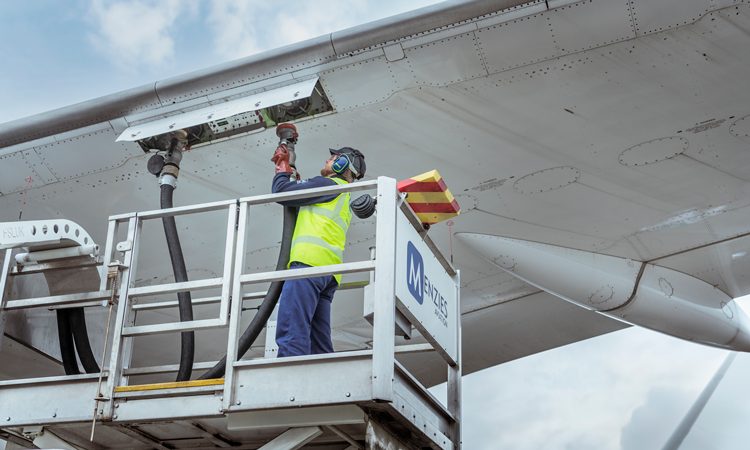Menzies Aviation joins worldwide mission to decarbonise aviation
Posted: 19 July 2022 | International Airport Review | No comments yet
Menzies Aviation has joined the Mission Possible Partnership, an alliance of climate leaders focused on decarbonising some of the world’s highest-emitting industries.


Menzies Aviation, the global aviation logistics specialist, has joined the Mission Possible Partnership (MPP), an alliance of climate leaders focused on decarbonising some of the world’s highest-emitting industries.
Global aviation is currently responsible for about three per cent of total global, anthropogenic CO2 emissions – having seen an increase by over a third between 2010 and 2019 alone. If aviation were unmitigated, it could be responsible for an even greater proportion of global emissions by 2050.
In collaboration with the Clean Skies for Tomorrow coalition, the MPP has published a new Aviation Transition Strategy that has been endorsed by over 60 aviation leaders, setting out a global strategy to achieve net-zero aviation by 2050.
The new report, ‘Making Net-Zero Aviation possible: An industry-backed, 1.5°C aligned Transition Strategy’, provides a series of actionable steps to be taken over the next decade to secure a transition towards carbon-neutral flying and deliver the goals of the Paris Agreement. Actions include drastically improving fuel efficiency gains of aircraft, the rapid roll out of Sustainable Aviation Fuel (SAF) and market entry of hydrogen, battery-electric or hybrid powered aircraft.
Menzies, which provides ground, fuel and air cargo services is the first aviation services business to sign the global strategy, reflecting the company’s commitment to its All In sustainability strategy. Announced last year (2021), All In encapsulates Menzies plan for making a positive difference to guarantee a fair and sustainable future, notably its ambition to be carbon-neutral by 2033.
John Geddes, Corporate Affairs Director, Menzies Aviation commented: “This latest strategy from the Mission Possible Partnership underlines the importance of key players in the aviation industry working together to achieve net-zero. I’m proud that Menzies is involved in this latest effort and look forward to seeing the impact collective action can have to build a more sustainable future.”
Katy Reid, Head of Sustainability & Corporate Responsibility, Menzies Aviation, said: “Our All In Strategy is integral to making our business more sustainable and has set us on course to meet our social and climate responsibilities. This latest report from the Mission Possible Partnership highlights the steps we must take to continue to drive meaningful change, which we will be incorporating into our existing strategies.”
Morven McCrindle, Executive Vice President Fuels, Menzies Aviation added: “As signatories of the Clean Skies for Tomorrow Coalition, we are committed to supporting the acceleration of the deployment of Sustainable Aviation Fuels. SAF will play a vital role in the transition to net–zero aviation so it’s fantastic to see this reaffirmed in the Mission Possible Partnership’s latest report.”
Join our free webinar: Transforming Airport Security – Innovation, Impact, and the Passenger Experience
The landscape of airport security is undergoing a profound transformation, driven by evolving threats, technology, and passenger expectations. This webinar focuses on how AtkinsRéalis has been transforming security processes at some of the world’s busiest airports with smarter, more adaptive solutions.
Date: 4 Nov | Time: 14:00 GMT
REGISTER NOW TO SECURE YOUR SPOT
Can’t attend live? No worries – register to receive the recording post-event.
Related topics
Aircraft, Airside operations, Emissions, Ground handling, Sustainability, Sustainable Aviation Fuel (SAF), Sustainable development


















